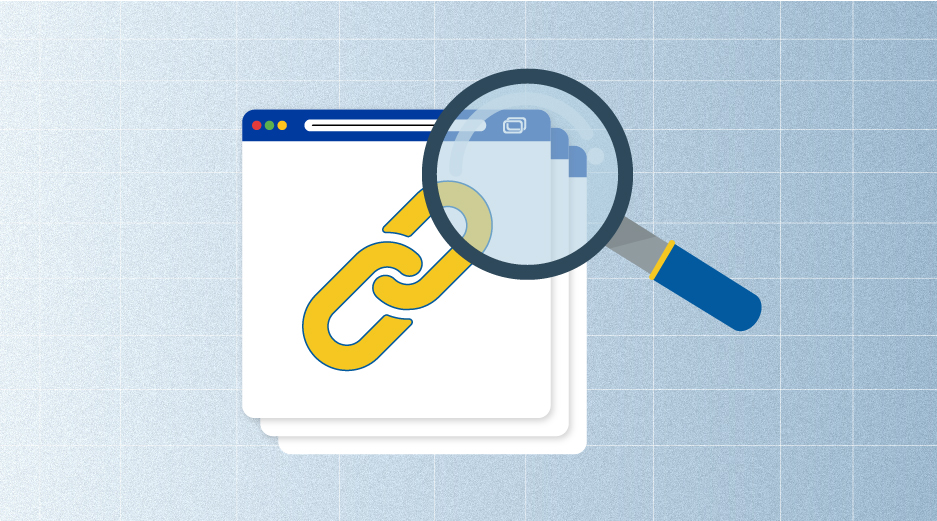Website growth doesn’t happen by chance. It is the result of consistent efforts across several factors like content, SEO, and technical performance. But one area that’s often misunderstood is the relationship between social signals, backlink quality, and Domain Authority (DA). Many real estate website owners often look for Domain Authority tips for real estate sites, yet overlook how these three elements are linked together.

Let’s break this down in a simple way and understand how these components influence Domain Authority over time.
What Are Social Signals and Why Do They Matter?
Social signals refer to likes, shares, comments, and overall engagement your content receives on platforms like Facebook, Twitter, LinkedIn, and Instagram. While search engines like Google have not confirmed that social signals directly affect rankings, they play an indirect role in building authority.
When people share your content, it reaches a wider audience. This exposure increases the chance of your content being referenced by others, including bloggers, industry websites, and news platforms. Over time, this can result in natural backlinks, which contribute to your Domain Authority.
Also, strong engagement on social media helps create trust and credibility for your brand. A good impression on social media can push users to spend more time on your website, which indirectly benefits your search visibility.
Backlink Quality Is Still King
Backlinks remain one of the most important elements for increasing Domain Authority. But not all backlinks are valuable. Getting links from websites with low trust or unrelated content won’t help. In fact, it can harm your progress.
You need backlinks from websites that already have a good DA, publish helpful content, and are related to your niche. For real estate websites, getting links from real estate blogs, property listing portals, or construction industry sources is more useful than random mentions from unrelated sites.
Also, the way a link is placed matters. A backlink in the main body of content carries more weight than a link placed in the footer or a comment section.
How Domain Authority Grows Over Time
Domain Authority doesn’t improve overnight. It requires a steady increase in quality backlinks, better user engagement, and consistent traffic growth. The algorithm used to calculate DA considers several factors including linking root domains, link freshness, and the overall link profile.
By building high-quality backlinks and improving your social media engagement, you're sending positive signals to search engines. This makes your site appear more credible, which can gradually improve your Domain Authority score.
This is especially important for real estate businesses that are trying to rank for competitive terms like "homes for sale" or "commercial property in [city name]." To stand out in search results, your Domain Authority needs to be strong compared to your competitors.
Why This Matters for Real Estate Websites
Many real estate websites publish listings but fail to build their authority. Without a solid Domain Authority score, your pages may not show up in top search results, no matter how great your listings are.
This is where practical strategies help. Some effective Domain Authority tips for real estate sites include:
- Getting featured on popular real estate blogs or forums.
- Partnering with local property influencers or agents to create shareable content.
- Sharing property tips or videos on social media to increase engagement.
- Writing helpful guides like “How to Buy Property in [Your City]” that other websites might link to.
Even sharing success stories from clients or market insights can create strong content that others want to reference.
Balancing All Three: Social Signals, Links, and Authority
You don’t need to pick one over the other. Social signals, backlink quality, and Domain Authority all work together. Think of social signals as your traffic pushers, backlinks as your trust markers, and Domain Authority as your reputation score.
When your content is shared widely, it can earn natural backlinks. When your backlinks are from strong sources, your authority improves. And when your authority improves, your content is more likely to rank — and be shared again. It’s a loop that strengthens over time.
Final Thoughts
Improving your Domain Authority takes consistent effort. You need to be active on social media, focus on building better backlinks, and publish content that offers something valuable to your audience. While results don’t come quickly, following the right steps can lead to steady growth.
If you’re working on a property website and looking for practical Domain Authority tips for real estate sites, focus on creating content people want to share and reference. Build relationships with other trusted websites in your industry. With time, your efforts will reflect in stronger rankings and better visibility.